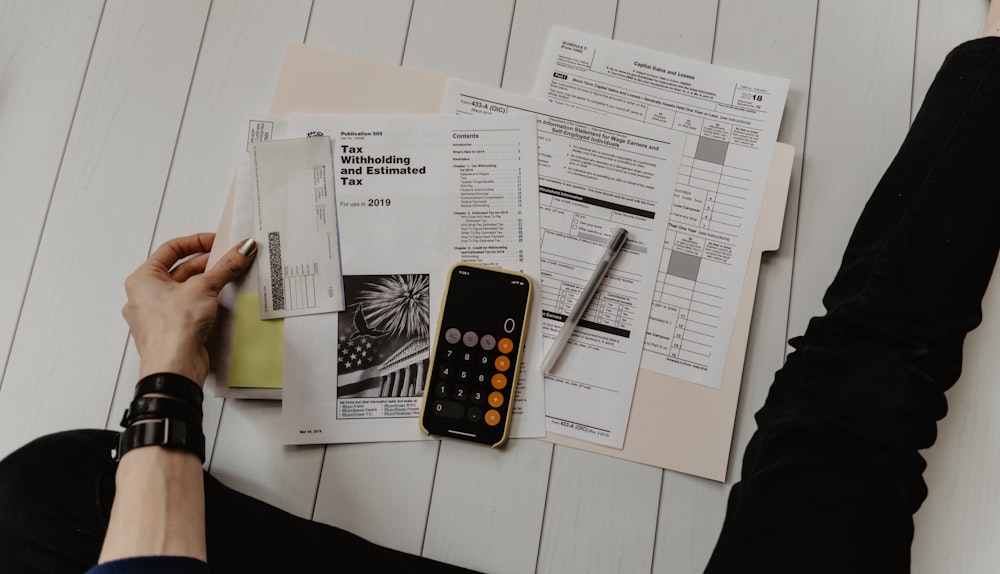To select the best system, you must first determine the nature of your business: revenue and expenses, the number of staff, and if you will work with businesses or end customers – Sole Proprietor Pay.
What Are The Different Types Of Taxation?
There are five taxation systems to choose from: one general taxation system (OSNO) and three trip special taxation systems (USN, ESHN, and PSN).
System of general taxes
OSNO stands for “whole taxation system.” If you do not specify that you want to move to one of the special modes while registering as an individual entrepreneur, it will operate “by default” Sole Proprietor.
OSNO is appropriate for a wide range of businesses. You must pay value-added tax (VAT) with OSNO, which is more complicated to compute and pay than other taxes. OSNO is appropriate for persons who must pay VAT and who receive income tax benefits (for example, an educational or medical organization).
Is it necessary to pay VAT? Yes, if you intend to work with VAT-paying organisations (budget organisations or manufacturing enterprises). Buying goods/services only from those who also work according to OSNO and pay VAT is sometimes much more advantageous for them, thus your VAT may be crucial for such partners of Sole Proprietor.
System of taxation that is easier to understand
Individual entrepreneurs use this the most. The name fits the content: it’s easier to keep track of records and report on than other systems.
However, the STS is not ideal for everyone: an individual entrepreneur’s income should not exceed 150 million rubles, and the number of employees in the company should not exceed 100. If you produce commodities with excise stamps (for example, cigarettes or alcohol), provide insurance or banking services, or have a branch, you cannot choose STS.
There Are Two Types Of Sts:
- taxation of earnings;
- The difference between income and expense is taxed.
System of Patent Taxation
A system that eliminates the need to complete and submit a tax return – less paperwork, less bureaucracy. You must obtain a patent in order to register as an individual entrepreneur. A patent grants the right to engage in a specific sort of activity for a set period of time, ranging from one to twelve months.
When you buy a patent, you essentially pay tax. You don’t have to acquire a patent for a year right away; you can buy one for a month. The amount of tax you pay is determined by the possible annual income of your firm, which varies by location.
Agricultural Tax (Unified)
A low tax rate is more profitable under this system than under the OSNO or even the simplified tax system. Although it is not appropriate for everyone. It’s critical that your company does more than just process or sell agricultural products; it should also create them.
Is there anything more you need to know about taxes?
If you’ve just registered as an individual entrepreneur and plan to work in the production, scientific, or social sectors. You won’t have to pay taxes in the PSN or USN systems for two years if your region has passed the necessary regional legislation.
Esha Is Designed For Independent Business Owners Who:
Earn at least 70% of their entire income from the sale of agricultural items that they have grown themselves;
Do not make products that are subject to excise taxes (if you grow excellent tobacco or produce cider from your own apples, the UAT will not work for you).
Is There Anything More you Need To Understand About Taxes?
If you’ve just registered as an individual entrepreneur and plan to work in the production, scientific, or social sectors, you won’t have to pay taxes in the PSN or USN systems for two years if your region has passed the necessary regional legislation.



